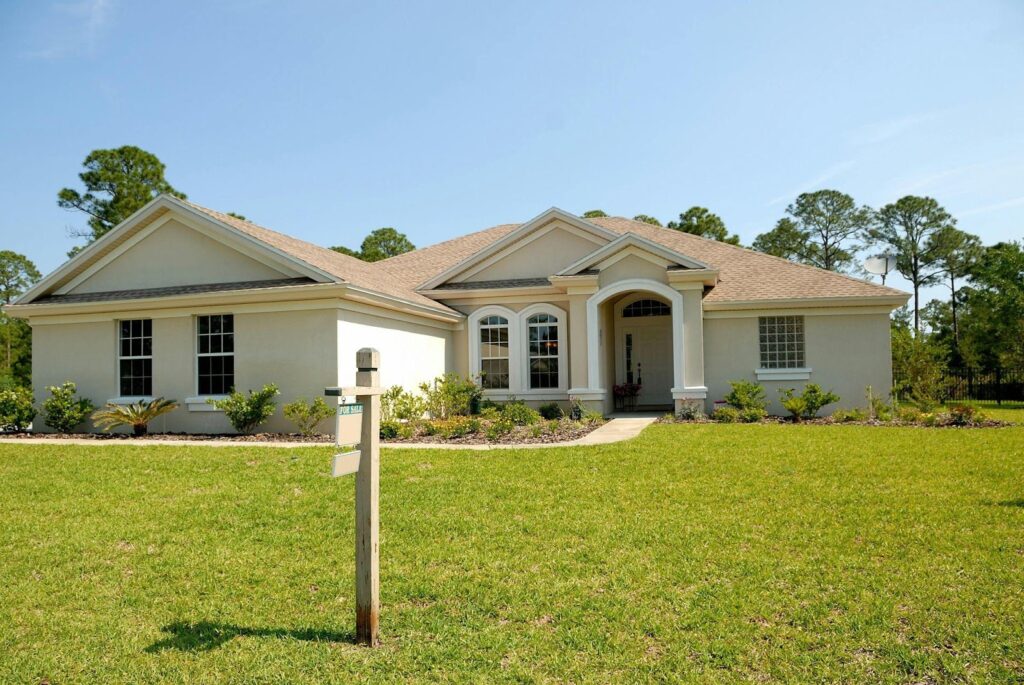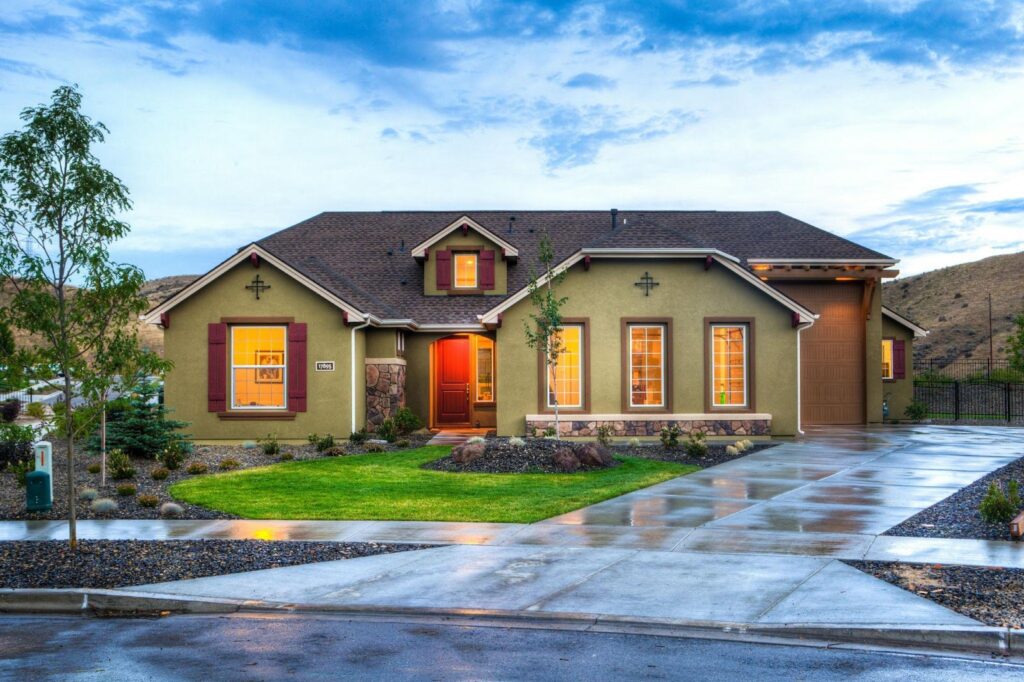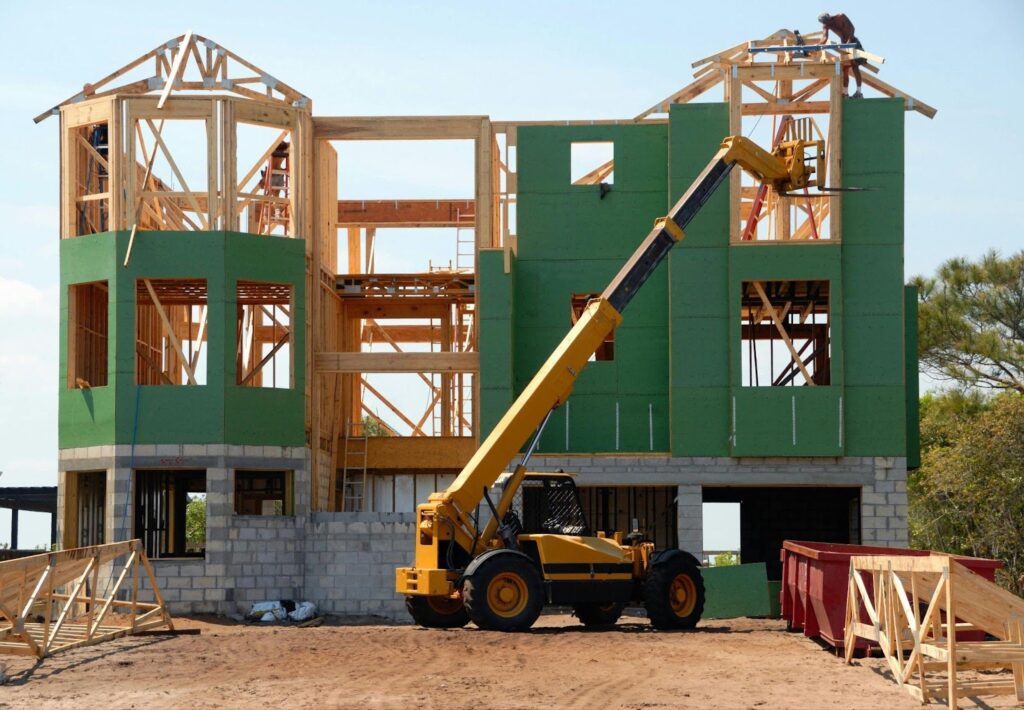Fix and flip strategy has turned out to be very effective among the real estate investors who want to earn quick profits. This strategy involves acquiring a house, which is in a bad state and after repair the property is sold for more than the cost of repairs.
However, one of the essential factors that defines the possibility of fix and flip project success is the availability of financing. The hard money loans have thus been identified to be very convenient for many investors operating in this market.

This guide begins with an analysis of what a hard money loan is, the advantages and disadvantages that are associated with it, and makes suggestions on how such a loan can accurately be used in connection with fix and flip projects.
Post Contents
Understanding Hard Money Loans
These are short term, high interest, business loans from private money sources, they are not bank financed. They contain usually the property that one is seeking to finance, and therefore can be best described as asset-based loans and not credit-based. This makes it quicker and less rigid to get approved for a hard money loan than to get approved for a conventional mortgage loan.
The credit status of the borrower is also not so much emphasized as the worth of the property to be offered and the possibility to earn substantial gains. You can click the link: https://consumer.ftc.gov/articles/credit-scores to learn more about credit scores.

Advantages of Hard Money Financing
The first strength of using hard money loans is the speed and flexibility involved in the credit facilities. As opposed to conventional, normal mortgages that might take weeks or even months to make an approval, hard money loans can be approved and disbursed within just a period of days. These are important to fix and flip investors who require readily available capital in order to purchase distressed properties that they come across in the market.
The next advantage is the free choice of the loan conditions. Here, hard money lenders are well known to be flexible on the rates of interest so that they can be in a position to fit the structures that will be suitable for the investor or the kind of project that is being undertaken. This can involve periodic payments where interest only is paid or the agreement that a lump sum amount be repaid at the end of the agreed period.

Disadvantages open with the use of hard money loans
While hard money loans may be advantageous, there are also its disadvantages that one has to take note of. The largest threat can be mentioned as the price factor; it is considerably higher in comparison with other forms.
Borrowing costs within the context of hard money loans are generally higher than with any other mortgages, varying between 8% and 15%. Also, points which are a percentage of the loan advance may also be levied as one off charges which would form part of the cost of the financing. You can visit this helpful site to learn more.
Another downside of the hard money loans is that they are of short term only and this is not very good for many investors. Such loans typically have the duration of the construction ranging from half a year up to several years, which is why to obtain the necessary funds, investors are under certain pressures to perform the fix and flip operations and sell the property at the next step. If not, the carrying cost can be very costly and even be a burden to the extent of affecting the business ‘ financial health.
The Means of Acquiring a Hard Money Loan
As compared to the typical mortgage loan, hard money financing is more easily availed of especially for real estate investors. This is essential as you consider loans for fix and flip projects. The lender’s concentration is on the value of the property and the experience as well as the projected plan of the investor.
Other factors include the cost of the home after repairs which are expressed as the after-repair value or ARV, the extent of rehabilitation and lastly the experience of the investor rehabbing similar properties.
When Hard Money Loans are used properly
It is, therefore, important for investors who want to pay cash for fix and flip projects to pay a lot of attention to the following things. This starts with choosing the right property for the business and the kind of operations it would be engaging in. The aim is to identify potential candidates for value improvements by refurbishments and for the property to be situated in well-populated and sought-after areas.
Accurate budgeting is crucial. You can click here to learn more. It is important for the investors to seek precise cost estimates of renovation and provide for extras. Costs that should also be factored include holding costs which include property taxes, insurance and utilities throughout the period of renovation.
Inviting experienced contractors and project managers is useful in seeing to it that the renovations are done on time and to a given cost. It is vital to avoid confusion by having clarity on expectations from both sides so that there is always a constant update on the status hence no extra time is incurred and additional expenses made.
Fix and flip investors can benefit from the hard money loans as the financing option is fast and the terms are quite flexible. Bear in mind, however, that they include higher costs and shorter terms, but if properly applied, they may bring more advantages than disadvantages. Nonetheless, if investors are willing to go through a hard money loan physically, perform due diligence, strategize well on their projects; they shall be in a position to offer fix and flip projects that are fruitful and profitable.
Like in any type of investment, it is always important to try to have better chances and avoid rising dangers as much as possible by having a strategic power on the types of investments.